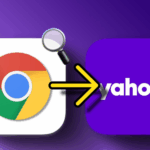In this article, I will discuss the How to Track Real-Time NFT Sales as they happen. Investors, collectors, and NFT developers need to track live transactions to base their decisions on precise information.
I will explain how to track NFT sales in real time and what platforms and tools are best suited for keeping an eye on the market at all times.
What is NFT Sales?
Selling an NFT is when the ownership of a digital asset is sold for a cryptocurrency. Most sales happen on secondary markets like Blur or OpenSea. Each transaction has accompanying information like the buyer, seller, price, etc.
Monitoring NFT sales can be straightforward or complicated for developers. Some may need to trace particular token sales, and others may look at revenues from specific wallets, collections, or even entire blockchains. There are many tools that make this process easier by providing summaries or entire data feeds.
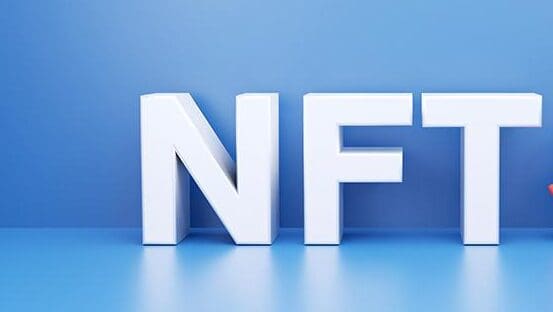
Transferring and selling an asset include different meanings. When someone is transferring an NFT, they are moving it from one wallet to another, which may not include any payment.
Selling an NFT involves exchanging it for cryptocurrency, therefore it’s more complex. Monitoring tools need to target the differences between these two events for accurate readings.
How NFT Tracking Tools Operate
NFT tracking tools gather and categorize data from various marketplaces so that users can comprehend market activity. This ATS usually pulls information from OpenSea, Rarible, or SuperRare using APIs.
The NFTs that are tracked include their name, description, who created them, when they were minted, and their price history.
NFT tracking is more efficient once all of the information is collected then processed so that people can analyze market trends and activity in real-time. The information can also be filtered by marketplace, artist, or date.

Other maybe more sophisticated NFT trackers can include portfolio, price alerts, and even analysis of the historical trends of certain NFTs. Some trackers use AI technology in order to make predictions on the market and provide recommendations.
All traders, collectors, and investors are guaranteed to be well-informed without any worries regarding digital asset trading with the help of NFT tracking tools.
How to Track Real-Time NFT Sales?
Open Sea, as one of the most trusted platforms, tracks real-time NFT sales. It provides live market data where users can track recent transactions, price movements, and trading volume activity. This is a step by step procedure on tracking NFT sales on Open Sea:
Visit OpenSea Marketplace
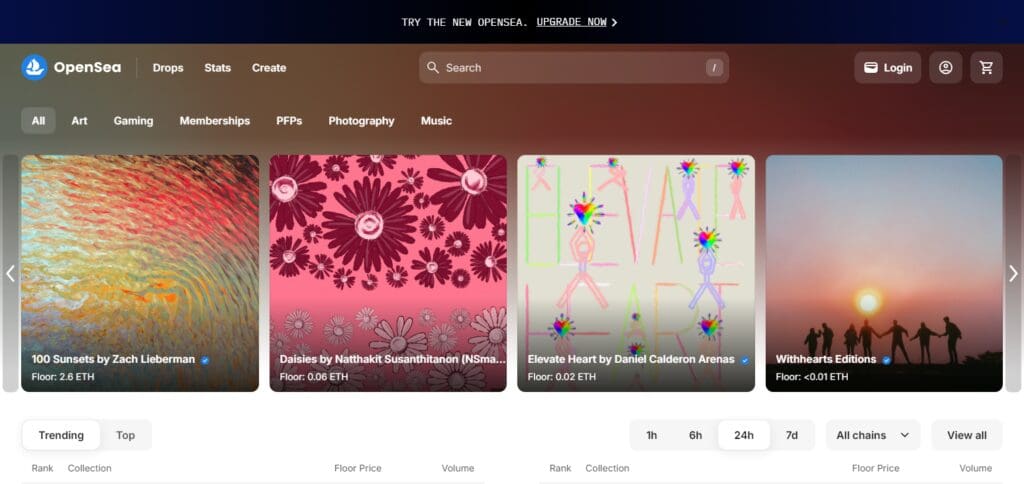
Open your browser and go to opensea.io where you can access the marketplace.
Explore the “Activity” Tab
This section highlights NFT sales happening in real-time together with the transaction details such as the price, buyer, seller, and the date and time of the transaction.
Use Filters
Filter sales based on collection, token ID, price range or blockchain network like Ethereum and Polygon.
Check Individual NFT Sales
Click on any NFT and get an insight on all transactions associated to that respective NFT and its previous owners along with the prior pricing.
Set Up Alerts (Optional)
Integrate tools like OpenSea’s API or other third-party tools to set notifications to alert you of particular NFT sales or alterations in price.
Advance research and decision making has become possible using real-time market activity provided by OpenSea.
Collectors and investors alike are making informed decisions with the data on relentlessly changing trends.
Monitoring the Sales of Individual NFTs
As for tracking sales of an individual NFT, SimpleHash supports several techniques aimed at fetching sales information.
NFT by Token List REST API: Using this endpoint, you are able to retrieve information on a curated list of NFTs. Every answer has a last_sale field containing information on the last sale (if existent) of that token.
Sales & Transfers by NFT REST API: With this endpoint you get a full record of every sale and transfer made to or from an NFT token in chronological order.
Tracking NFT Sales by Wallet
For some applications, like crypto wallets, portfolios, or accounting software, it is important to show the complete history of NFT sales linked to a specific wallet.
Sales & Transfers by Wallet(s) REST API: This endpoint monitors sales and transfers of one or more wallets.
Webhooks: For monitoring, developers can create webhooks that track sales and transfers on specific wallet addresses.
Tracking NFT Collection Sales
There are two primary methods for keeping track of NFT collection sales: observing individual sales activity and compiling summary statistics for sales volume and trends.
Sales & Transfers by Collection REST API: Users will no longer be able to miss any sales as the API is watching every single sale activity under a specific NFT collection.
Webhooks: With webhooks, it is possible to monitor sales and transfers for a collection as they happen.
Collection Volumes & Market Caps REST API: This endpoint gives the overall sales volume and market caps for particular collections over defined periods of time (1 day, 7 days, 30 days etc). Additionally, it has percentage changes, USD conversions, buyer and seller counts, and many more features, thus containing essential information to build out collection overview pages in NFT focused apps.
5 Popular NFT Tracker Tools
1. OpenSea
OpenSea is the largest NFT marketplace which comes complete with a suite of tracking tools as an add-on in buying and selling NFTs. They have feature that gives real-time market data showing trading patterns like sales history, trading volume, and prices trends.
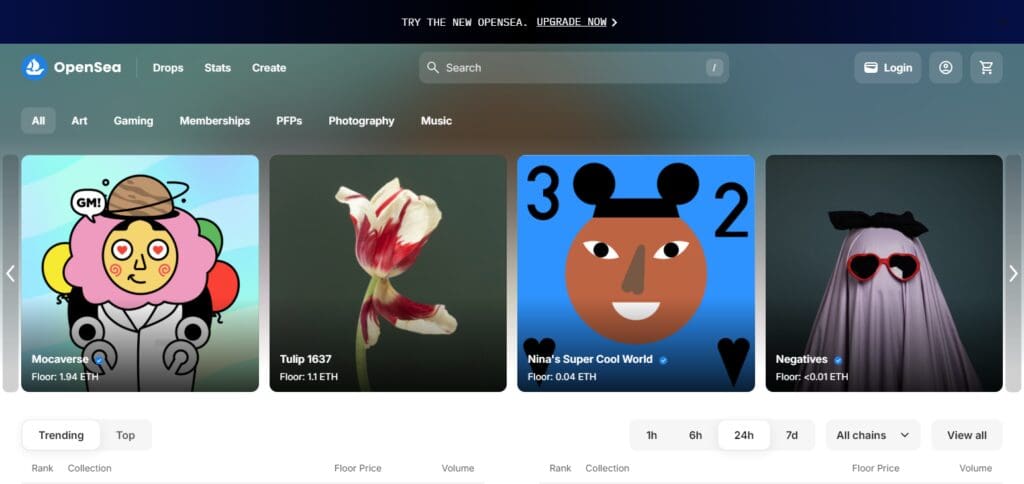
It allows users to filter and sort NFTs by collection and their specified rarity or predefined attributes. Users of the platform are able to use advanced features of the search engine where they can search for the desired NFT by keyword, name or other traits of the creator.
These tools enable the collector and investor to curate, analyze, and keep records of their NFT portfolios.
2. Rarity Tools
Rarity Tools is a unique site that tracks NFTs for investors and collectors through the use of real-time information. The platform’s key feature is the Rarity Tools’ Rarity Score which is calculated from a metric that considers certain attributes of the NFT.

For example, the number of available editions and their classification into various rarity levels determines the score. NFTs that score higher in value will have a Rarity Score marking will have Rarity Score of more than $10 while those less than $10 will score lower in value.
Users of the platform are also offered a leaderboard known as Rarity Rank which shows the tools help the user determine the rarest NFTs. These tools aid the users in evaluating and mak
3. DappRadar
DappRadar is a complete analytics platform designed to track decentralized applications referred to as DApp and includes NFT marked places and blockchain games.
DappRadar users can analyze and track user engagement, transactions, and trade volumes across various blockchain networks from the real-time analytics dashboard.

Users on the platform have the ability to compare various DApps, utilize filters for specific needs, and gather information that is useful for monitoring NFT sales and adoption patterns.
Moreover, DappRadar provides a combination of market intelligence and research that enables both developers and investors to estimate the value and effectiveness of different blockchain projects.
4. BitDegree
BitDegree is a blockchain education platform that deals with NFTs and cryptocurrency. It is not a tracking application, but it does provide thorough courses on smart contracts, decentralized applications, and NFT creation.
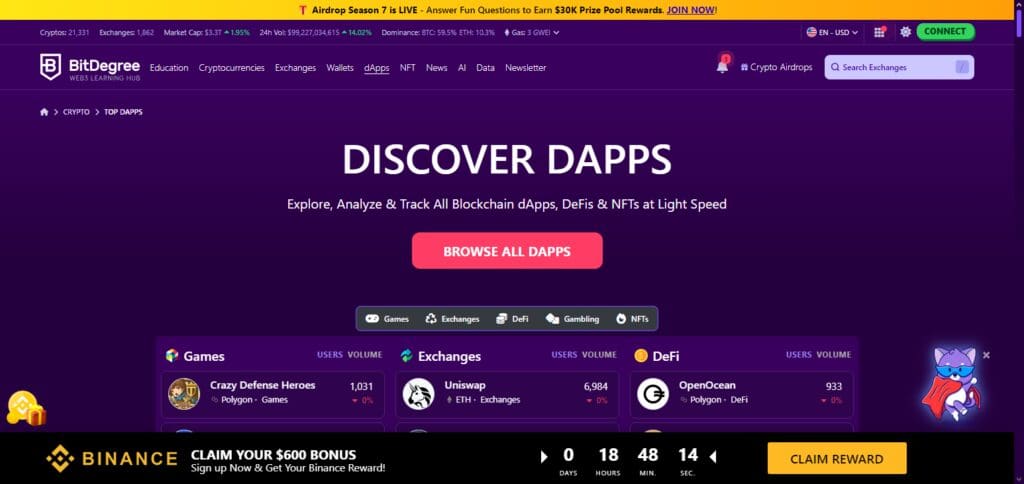
These courses help novice and expert users in understanding the nuances of NFT technology and its market. Step-by-step instructions are provided on creating, trading, and managing NFTs which empowers users to make informed decisions when participating in the NFT marketplace.
5. Coin Rivet
As a cryptocurrency media platform, Coin Rivet covers blockchain and NFT markets. Unlike the other tools, Coin Rivet is not a direct NFT tracker; however, it does provide market insights, analysis, and breaking news concerning various NFT trends.
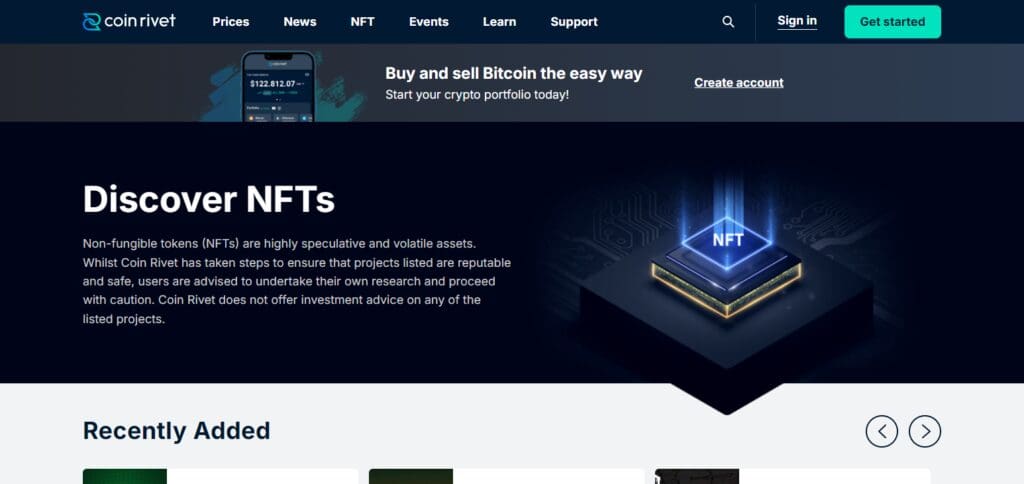
Users are provided with additional services regarding educational guidance, especially when it involves buying, selling, or even maintaining security over NFTs.
Furthermore, with features such as expert opinions, interviews with NFT creators, and investment tips, Coin Rivet becomes a reliable resource for industry developments and opportunities within the NFT realm.
Conclusion
For investors, collectibles or blockchain programmers, monitoring real time NFT sales is very important in the rapidly expanding world of NFTs. Effective platforms like OpenSea, Rarity Tools, and DappRadar make it easy for the users to track trades, sales, volumes, and prices at once.
Automated notification systems using APIs and webhooks ensure that users receive information on time and as accurate as possible.
Be it NFTs, wallet activity, or collection analysis, employing the correct tracking system enables one to make smarter choices and harness the rapidly changing NFT marketplace.








